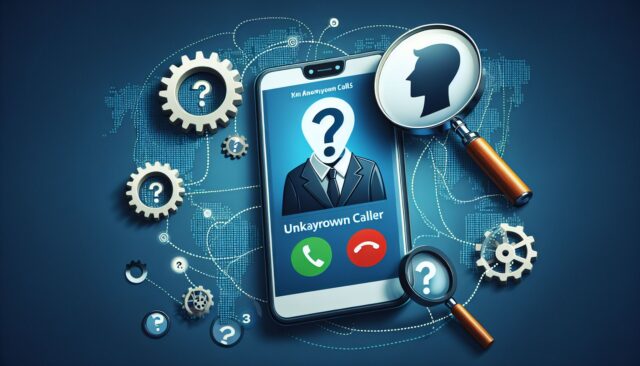In an age where information is readily at our fingertips, privacy concerns are more relevant than ever. Reverse phone lookup services are powerful tools for identifying the person behind a phone number. However, this raises questions about the privacy implications of such services. In this blog post, we’ll explore the world of reverse phone lookups from a privacy standpoint, discussing when it’s appropriate to use them, how they operate within privacy laws, and guidelines to follow to respect others’ privacy.
Introduction
Have you ever received a call or text from an unknown number and wondered who it was? In these scenarios, a reverse phone lookup service can be exceptionally useful. These services allow you to enter a telephone number into a search engine that then provides you with information about the owner of that number. While this technology is immensely beneficial in many instances, it’s also essential to discuss the privacy implications that come with using such tools. This article aims to delve into those implications, offering a balanced perspective on how to use reverse phone lookup services ethically and legally.
Body
Understanding Reverse Phone Lookup
Reverse phone lookup services have proliferated with the advent of the digital age. These services use public records, social media information, and other online traces to compile data about individuals. This data can include a person’s full name, address, email, social media profiles, and even criminal records. The accuracy and extent of the information available can vary significantly from service to service.
When to Use Reverse Phone Lookup
Before you type in that number, it’s important to consider why you need this information. Ethical reasons to use a reverse phone lookup might include:
- Identifying Unknown Numbers: To determine if a call is from a legitimate business, a potential scam, or just a wrong number.
- Reconnecting with Contacts: To find old friends or family members when you only have a phone number.
- Confirming Identities: For online sellers or buyers to verify the identity of the person they are dealing with.
- Protecting Yourself From Fraud: To check the legitimacy of a caller claiming to represent a company or organization.
However, reverse phone lookups should not be used for malicious purposes such as harassment, stalking, or any form of invasion of privacy.
Privacy Laws and Reverse Phone Lookups
In the United States, reverse phone lookups are generally legal due to the fact that they use publicly available information. However, the way in which you use the information may be subject to state and federal privacy laws. It’s also important to note that obtaining information under false pretenses, or using it to harm someone, could be illegal.
Guidelines for Respecting Privacy
Not all information should be freely accessible to anyone who asks for it, which is why respecting privacy when using reverse phone lookups is crucial. Here are some guidelines to follow:
- Use Reputable Services: Choose services that respect user privacy and are clear about their data sources.
- Purpose Matters: Only use reverse phone lookups for legitimate purposes, and not out of mere curiosity or malintent.
- Consider Opt-out Options: Before using a service, check if the individual whose information you seek has the option to opt-out of that service.
- Follow the Law: Always abide by privacy laws, including how the information is used and shared.
Alternatives to Reverse Phone Lookups
For those concerned about privacy, consider alternatives such as:
- Direct Contact: If possible, ask the person directly for the information you need.
- Traditional Search Engines: Sometimes a simple online search of the number can yield results without a specialized service.
- Call-Blocking: If you’re getting unwanted calls, use your phone’s call-blocking feature to stop them without invading someone’s privacy.
Conclusion
Reverse phone lookups serve a valuable role in modern communication, offering a way to bridge the gap between anonymity and identification. However, like any powerful tool, they need to be used responsibly. By adhering to ethical guidelines and privacy laws, we can use these services to enhance our lives without infringing on the rights and privacy of others.
The next time an unknown number calls, before you rush to a reverse phone lookup service, take a moment to consider the privacy implications of doing so. With careful consideration and responsible use, these tools can undoubtedly be an asset, providing peace of mind and safety in an increasingly connected world.




